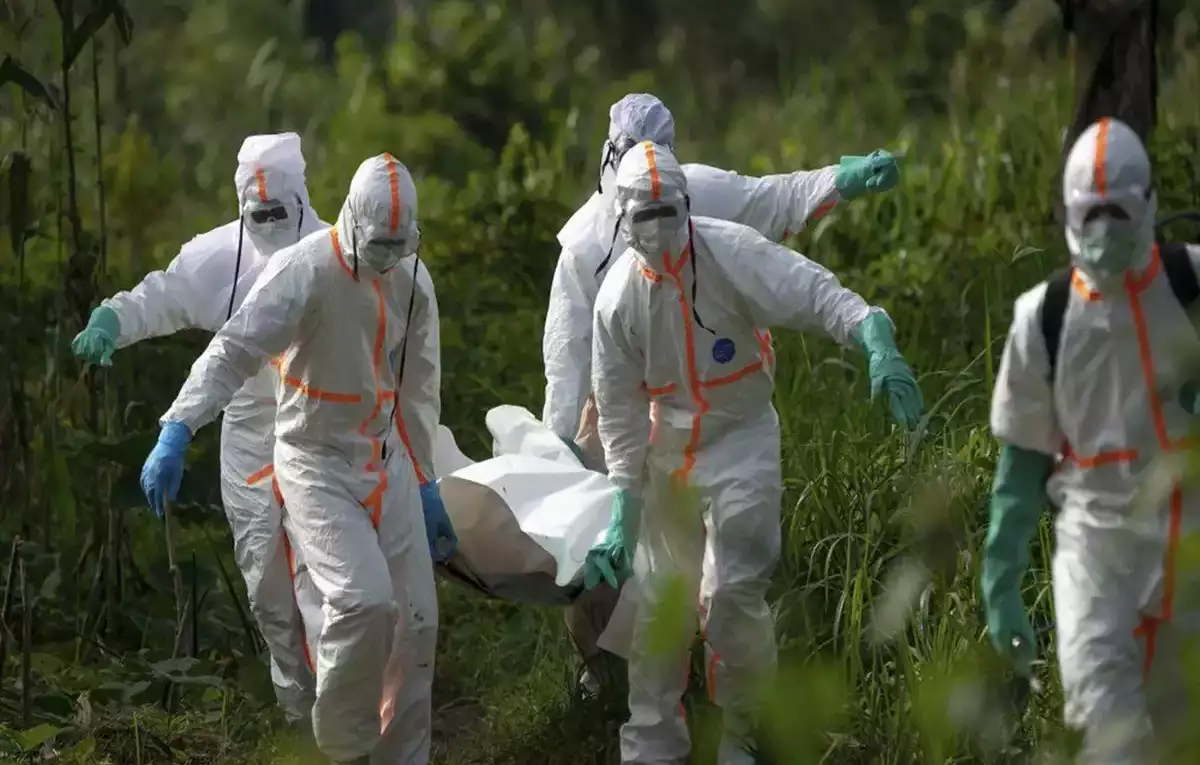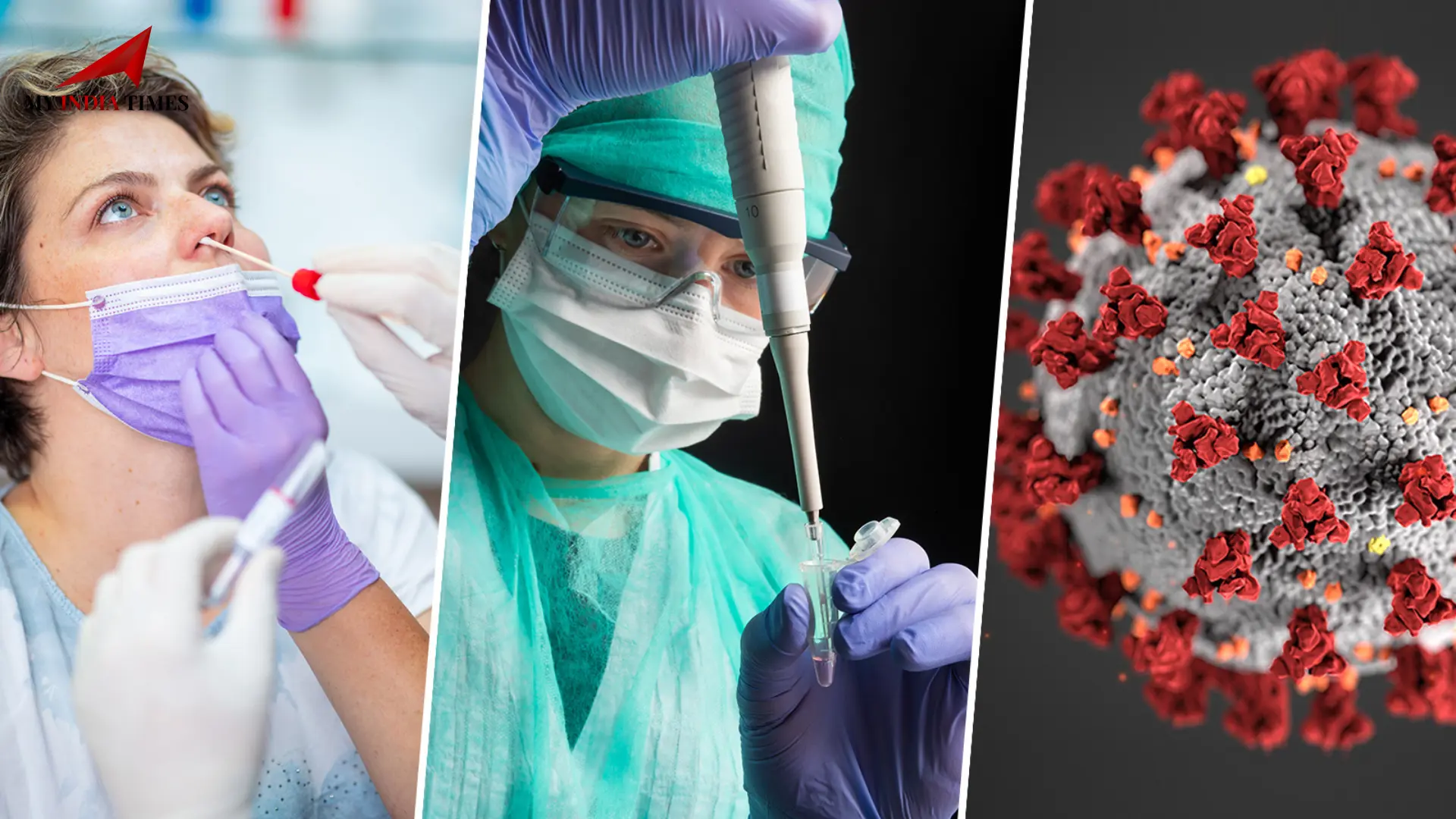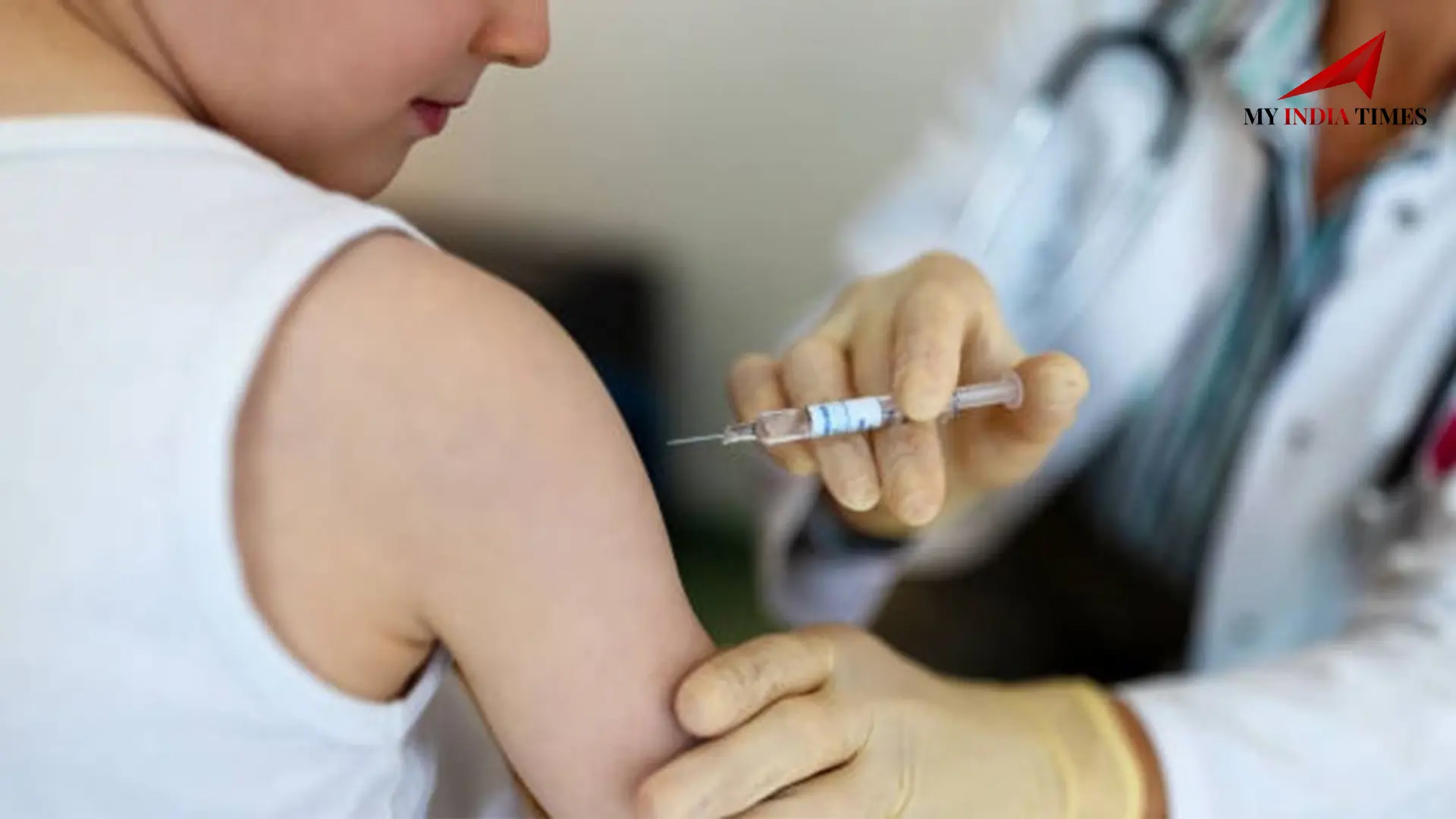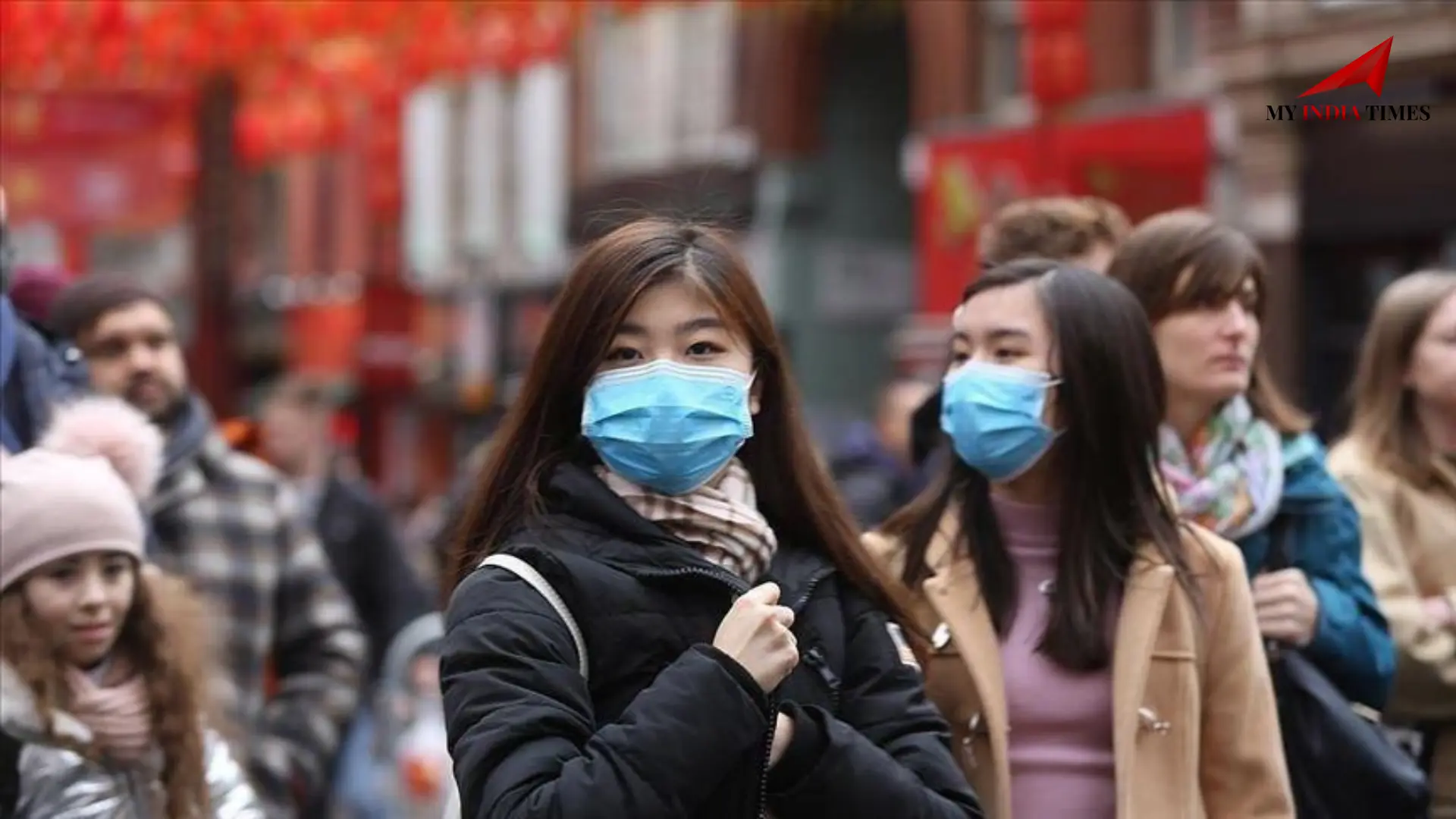Home / covid / Evolving Insights into COVID-19 Natural Immunity Post-Omicron
Evolving Insights into COVID-19 Natural Immunity Post-Omicron
By: My India Times
2 minutes read 55Updated At: 2025-02-12

The emergence of the Omicron variant in late 2021 marked a pivotal shift in the COVID-19 pandemic, particularly concerning the durability of natural immunity following infection. Recent research has highlighted notable shifts in how previous infections offer immunity against future reinfections, particularly with the emergence of Omicron and its subvariants.
Pre-Omicron Natural Immunity
Before the widespread circulation of Omicron, individuals who had recovered from COVID-19 enjoyed substantial protection against reinfection. Research indicated that natural immunity provided approximately 85% protection against reinfection at one month post-infection, which modestly declined to about 79% after ten months. This level of immunity was comparable to that offered by two doses of mRNA vaccines, such as Moderna or Pfizer-BioNTech, against earlier variants like Alpha and Delta. Moreover, protection against severe disease—encompassing hospitalization and death—remained robust, exceeding 88% even ten months after the initial infection.
Impact of Omicron on Natural Immunity
The Omicron variant, characterized by numerous mutations in the spike protein, has demonstrated an enhanced ability to evade immune defenses established by prior infections or vaccinations. A study focusing on the Qatari population revealed that individuals infected before the Omicron wave retained about 80% protection against reinfection one year post-infection. In stark contrast, those infected during the Omicron wave experienced a precipitous decline in immunity, with protection plummeting to a mere 5% after one year. This dramatic reduction underscores Omicron's capacity to circumvent natural immunity.
Mechanisms Behind Waning Immunity
The rapid decline in protection post-Omicron can be attributed to several factors. Omicron's spike protein mutations diminish the neutralizing capacity of antibodies generated from previous infections or vaccinations. Additionally, infections with Omicron in unvaccinated individuals tend to induce immunity primarily against Omicron itself, offering minimal cross-protection against other variants. Conversely, vaccinated individuals with breakthrough Omicron infections develop broader immunity, highlighting the benefits of vaccination in achieving comprehensive protection.
The Role of Hybrid Immunity
Hybrid immunity, acquired through a combination of vaccination and natural infection, has emerged as a potent defense against COVID-19. Individuals with hybrid immunity exhibit higher and more durable protection against both reinfection and severe disease compared to those with immunity from infection or vaccination alone. This synergy underscores the importance of vaccination, even for those who have previously contracted COVID-19.
Implications for Public Health Strategies
The evolving landscape of natural immunity in the Omicron era carries significant implications. Given the rapid waning of natural immunity post-Omicron, vaccination remains crucial. It not only bolsters individual protection but also enhances community resilience against emerging variants. To counteract diminishing immunity, timely administration of booster doses is essential, particularly for high-risk populations and those with prior infections. Ongoing monitoring of SARS-CoV-2 variants and immunity levels is vital to inform and adapt public health policies effectively.
....The emergence of the Omicron variant in late 2021 marked a pivotal shift in the COVID-19 pandemic, particularly concerning the durability of natural immunity following infection. Recent research has highlighted notable shifts in how previous infections offer immunity against future reinfections, particularly with the emergence of Omicron and its subvariants.
Pre-Omicron Natural Immunity
Before the widespread circulation of Omicron, individuals who had recovered from COVID-19 enjoyed substantial protection against reinfection. Research indicated that natural immunity provided approximately 85% protection against reinfection at one month post-infection, which modestly declined to about 79% after ten months. This level of immunity was comparable to that offered by two doses of mRNA vaccines, such as Moderna or Pfizer-BioNTech, against earlier variants like Alpha and Delta. Moreover, protection against severe disease—encompassing hospitalization and death—remained robust, exceeding 88% even ten months after the initial infection.
Impact of Omicron on Natural Immunity
The Omicron variant, characterized by numerous mutations in the spike protein, has demonstrated an enhanced ability to evade immune defenses established by prior infections or vaccinations. A study focusing on the Qatari population revealed that individuals infected before the Omicron wave retained about 80% protection against reinfection one year post-infection. In stark contrast, those infected during the Omicron wave experienced a precipitous decline in immunity, with protection plummeting to a mere 5% after one year. This dramatic reduction underscores Omicron's capacity to circumvent natural immunity.
Mechanisms Behind Waning Immunity
The rapid decline in protection post-Omicron can be attributed to several factors. Omicron's spike protein mutations diminish the neutralizing capacity of antibodies generated from previous infections or vaccinations. Additionally, infections with Omicron in unvaccinated individuals tend to induce immunity primarily against Omicron itself, offering minimal cross-protection against other variants. Conversely, vaccinated individuals with breakthrough Omicron infections develop broader immunity, highlighting the benefits of vaccination in achieving comprehensive protection.
The Role of Hybrid Immunity
Hybrid immunity, acquired through a combination of vaccination and natural infection, has emerged as a potent defense against COVID-19. Individuals with hybrid immunity exhibit higher and more durable protection against both reinfection and severe disease compared to those with immunity from infection or vaccination alone. This synergy underscores the importance of vaccination, even for those who have previously contracted COVID-19.
Implications for Public Health Strategies
The evolving landscape of natural immunity in the Omicron era carries significant implications. Given the rapid waning of natural immunity post-Omicron, vaccination remains crucial. It not only bolsters individual protection but also enhances community resilience against emerging variants. To counteract diminishing immunity, timely administration of booster doses is essential, particularly for high-risk populations and those with prior infections. Ongoing monitoring of SARS-CoV-2 variants and immunity levels is vital to inform and adapt public health policies effectively.
By: My India Times
Updated At: 2025-02-12
Tags: covid News | My India Times News | Trending News | Travel News
Join our WhatsApp Channel
















-outbreak in-china.jpg)



























































































.png)
 (1).png)























